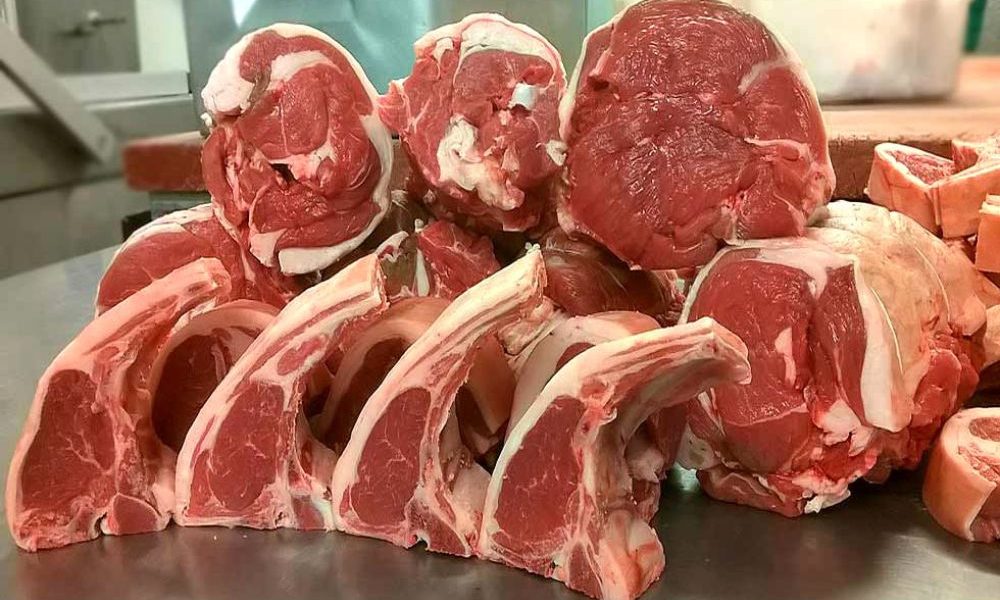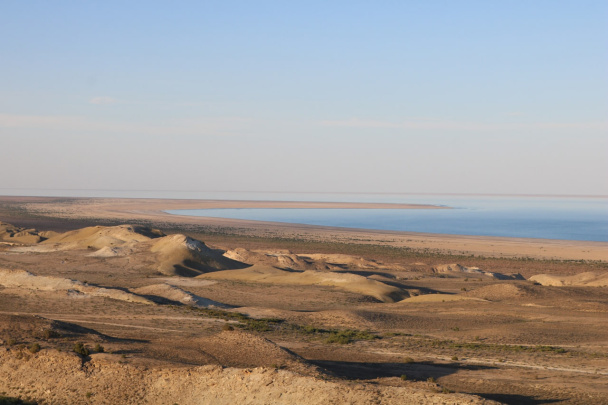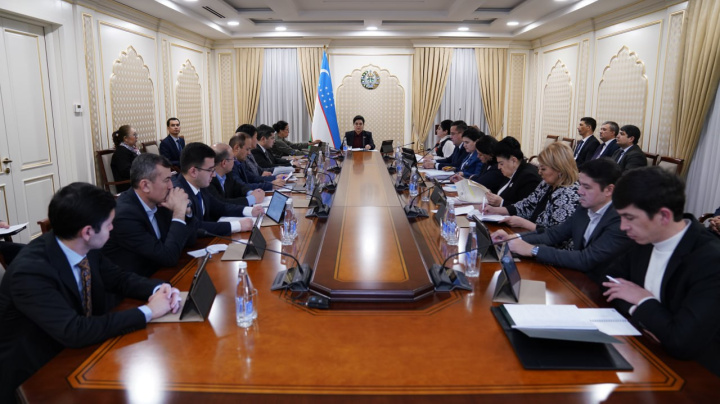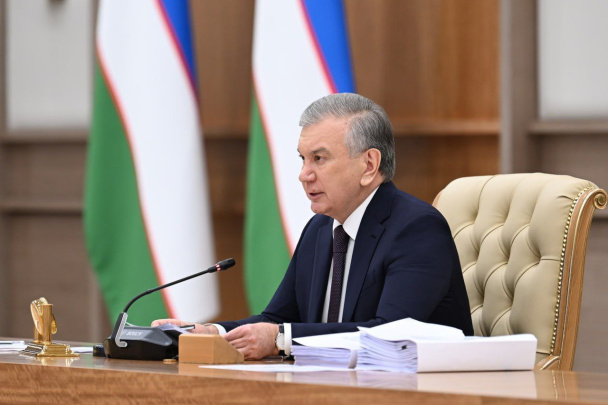The increase in meat prices in Kyrgyzstan was caused by the restriction imposed by Kazakhstan on the export of livestock, the State Agency for Antimonopoly Regulation of the Kyrgyz Republic said.
The department explained that Kazakhstan prohibiting the export of meat and livestock encouraged Kyrgyzstan to increase mass exports to Uzbekistan. In the Agency’s view, the same scheme should be considered by the Kyrgyz Ministry of Agriculture.
The main reason for the ban was reported to be the “explosive growth” in the export of cattle from Kazakhstan to Uzbekistan – during the past year this number increased 4 times from 39,000 in 2018 to 156,000 in 2019.
“This also was one of the factors behind the significant increase in meat prices in Kazakhstan. Uzbekistan has adopted a program to revive livestock production, which provided farmers with cheap loans for the purchase of animals, allowing them to offer between 800 and 950 tenge for Kazakh cattle per kg of live weight, depending on feed. Kazakh meat plants offered 100 tenge less,” the report noted.
As another reason for the moratorium, the agency indicated Kazakhstan’s plan to export not raw materials but processed products (and thus to load its own meat processing plants).
“Due to the ban imposed by Kazakhstan, cattle were purchased by Uzbekistan and Tajikistan en masse from Kyrgyzstan. In addition, many buyers took advantage of the situation and also raised the prices,” the Antimonopoly Committee said.
The Committee states that Kyrgyzstan also needs to apply the Kazakh method.






